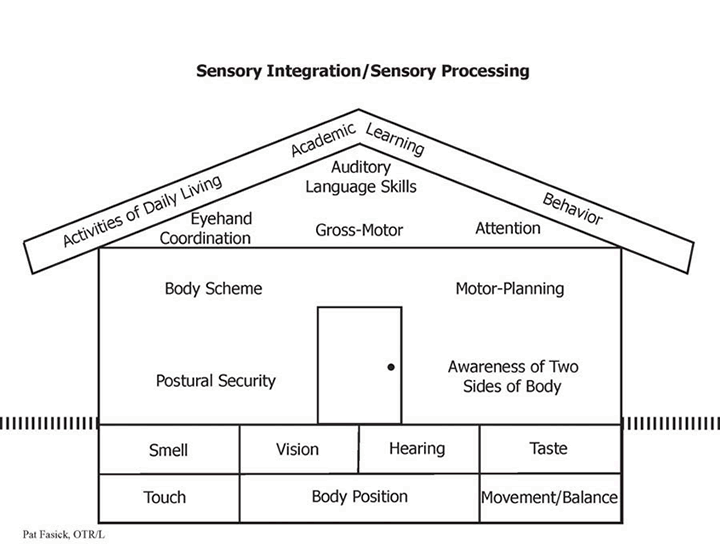
Therapy for Behavior Issues
In-person therapy in South Carolina
“Parents often think that behaviors are within the child’s control, when a lot of the time, it really isn’t. Your child is often in a fight-or-flight mode or looking for so much extra input.”
~Erika Terndrup, MS, OTR/L
Trying to avoid the B word.
B for behavior, and just reading it makes you cringe. This one word, which never used to be in your vocabulary, has suddenly taken over.
Tip-toeing around triggers, like choosing the wrong brand of anything, or even just vacuuming or using the blender.
It's been ages since you last went to a restaurant with the whole family. Sitting through an entire meal is a challenge, and the sounds and food choices just don't mesh well with their sensory needs.
In a really great place.
Your kid's made leaps and bounds, since starting therapy. It’s been a real turning point for our family.
These days, going out to eat and RSVPing to birthdays without a second thought? That's just how we roll.
No more walking on eggshells because those intense emotional reactions? Way less of a thing now.
Your kid's been rocking it in the behavior department for more than a month now!
Where I come in…
Turning work into play. Heck yeah! I’m all over that with a play-based approach. Making it a breeze to get your kid on board.
No snooze-worthy therapy sessions here! Therapy shouldn't add to your struggles.
Instead, think of it as a fun, light-hearted experience with plenty of laughs and expert guidance. Turning therapy into something your kid can’t wait to get back to.
We'll use top-down (thinking-based) and bottom-up (body-based) strategies to support your child's ability to get a handle on behaviors.
Our objective is to build a solid foundation for the entire house, layer by layer.
Does your kid have trouble with:
→ Managing big feelings
→ Handling transitions or changes in routines
→ Being in busy environments
→ Feeling scared of everyday movement activities (ex. playing on playground equipment)
→ Avoiding triggering activities or environments
→ Needing to control others and the environment to avoid overstimulation.



